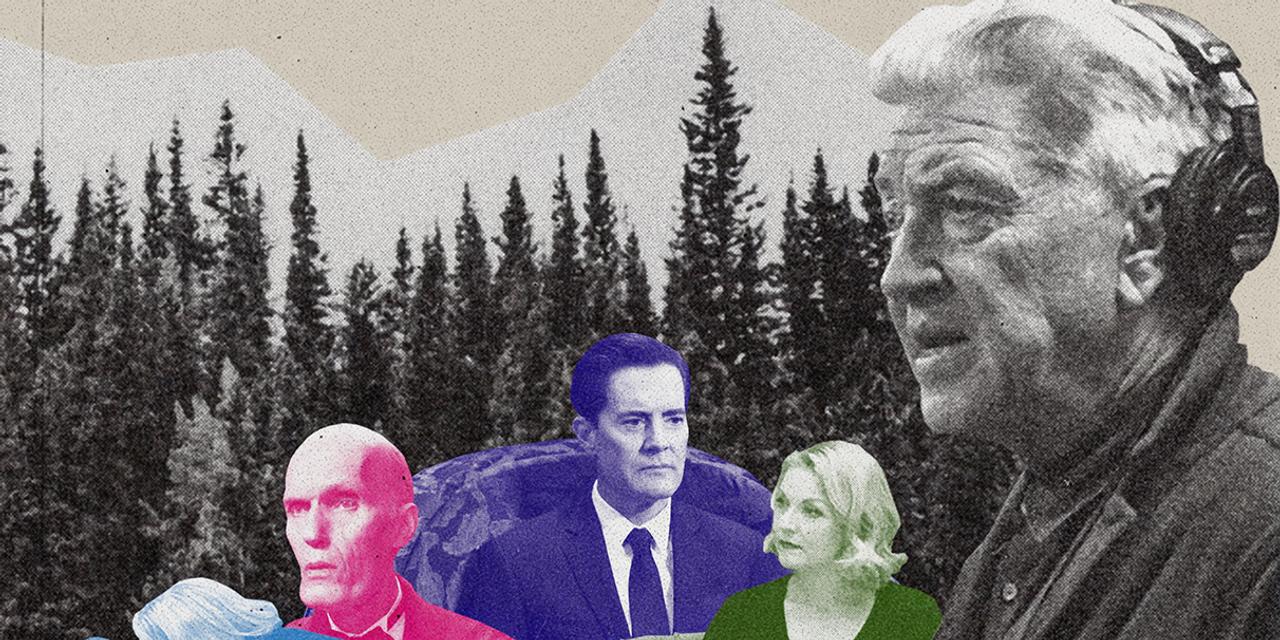


Part 6 will be available soon.
Part 6 will be available soon.
Breaking The Script
6 Parts
Articles in this series:
Part 6 will be available soon.
'Which series will win the Palme d'Or?': 'Twin Peaks' lauded at the world's temple of cinephilia
Series'Breaking The Script' (5/5). In May 2017, the Cannes Film Festival screened the first two episodes of 'Twin Peaks,' season three. This celebration of the cult series by David Lynch marked a definitive recognition of television fiction's artistic legitimacy.
"I'll see you again in 25 years." The line, spoken by Laura Palmer in the season two finale of Twin Peaks, which aired on ABC on June 10, 1991, has lingered in fans' memories.
Over the previous 29 episodes, viewers had seen, spellbound, as Agent Dale Cooper (Kyle MacLachlan) investigated the murder of a teenager named Laura Palmer in the town of Twin Peaks. Surrealism, horror, mystery, humor – a perfect synthesis of the cinema of David Lynch, who died at age 78 on January 16, 2025.
Co-created by Lynch with screenwriter Mark Frost, the first season aired in the spring of 1990 on ABC, and a second season came the following year, creating what Axel Cadieux, deputy editor-in-chief of Sofilm magazine and author of Voyages à Twin Peaks (Capricci, 2015), called a "paradigm shift": "Cinephiles became passionate about a television series. And that was because a filmmaker they adored was at the helm."
The genre equals cinema
Just over a quarter of a century later, Laura Palmer's promise was fulfilled. On the evening of May 25, 2017, in the Grand Théâtre Lumière, the iconic auditorium of the Palais des Festivals in Cannes, the first two episodes of the third season were screened (they had aired in the United States four days earlier on Showtime, and the same night on Canal+).
The standing ovation lasted for several minutes, and Lynch was visibly moved to tears. The 1990 Palme d'Or winner for Wild at Heart had good reason. This new season definitively cemented the legitimacy of a series. A genre once considered minor now stood on equal footing with cinema and inspired as much, if not more, enthusiasm among cinephiles. These two episodes would go on to define the 70th edition of the Cannes Film Festival, alongside the Palme d'Or – The Square, by Ruben Östlund – and the Grand Prix – 120 battements par minute (120 BPM), by Robin Campillo – awarded by the jury presided over by Pedro Almodóvar.
You have 63.74% of this article left to read. The rest is for subscribers only.




